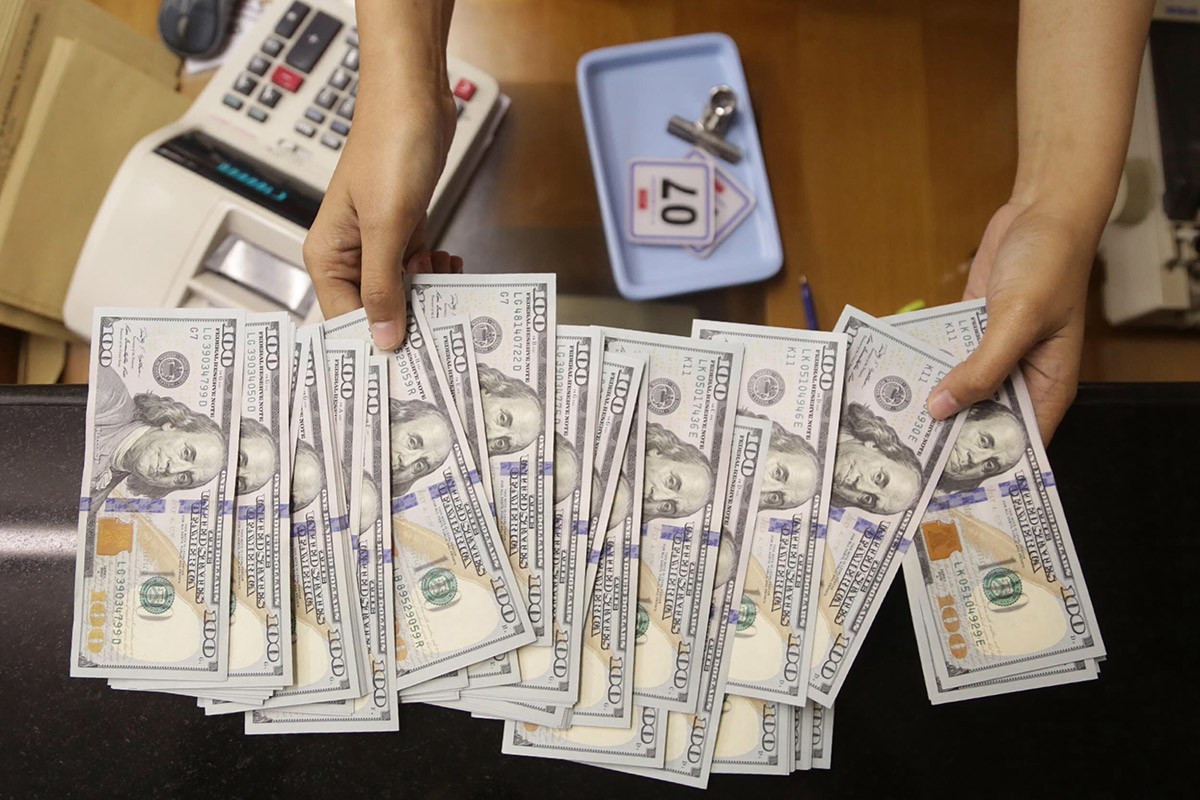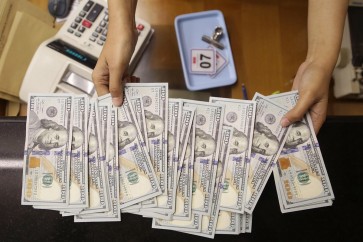Popular Reads
Top Results
Can't find what you're looking for?
View all search resultsPopular Reads
Top Results
Can't find what you're looking for?
View all search resultsEDITORIAL: Shady money changers
Black market money changers could have played a significant role in transferring embezzled money in rupiah and dollar banknotes to senior officials and politicians between 2011 and 2012.
Change text size
Gift Premium Articles
to Anyone
W
ondering how the American and Singapore dollar transactions that moved millions of dollars used in bribes in the alleged Rp 2.3 trillion (US$170 million) mega e-ID card corruption scandal and other big graft cases could have eluded the money-laundering radar of the Financial Transaction Reports and Analysis Center (PPATK) and Bank Indonesia’s (BI) foreign exchange oversight?
Black market money changers could have played a significant role in transferring embezzled money in rupiah and dollar banknotes to senior officials and politicians between 2011 and 2012.
BI director for policy and oversight of the payment system Eny Panggabean told a meeting on the dangers of shady money changers in Semarang last week that the central bank, in cooperation with the National Police, had discovered almost 800 black market money changers across the country.
About 50 percent of the illegal money changers that were found in 97 cities and regencies operated solely as money changers, while others were run as travel agencies and gold stores. In Sumatra, most of the shady money changers operated inside gold shops. The police’s Criminal Investigation Department even uncovered a sundry store on Batam Island near Singapore that was conducting about $150 million in currency exchange transactions a month, mostly related to drug trafficking.
The uncovering of so large a number of illegal money changers validates our concern that the government’s anti-money laundering campaign, launched in 2002 with a special law, remains very weak.
In fact, according to a recent report by the PPATK, less than 50 percent of the 400 dossiers on suspicious financial transactions the agency filed with six law-enforcement agencies last year were followed up.
The six institutions are the Corruption Eradication Commission (KPK), the National Police, the Attorney General’s Office, the directorates general of customs and excise and taxation and the National Narcotics Agency (BNN).


















